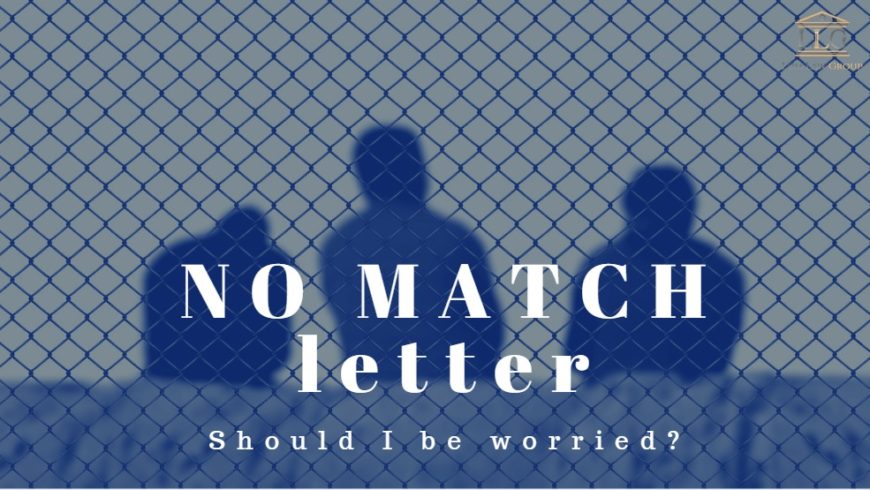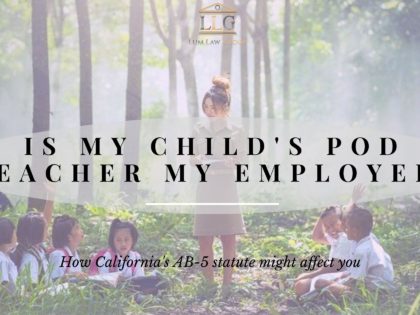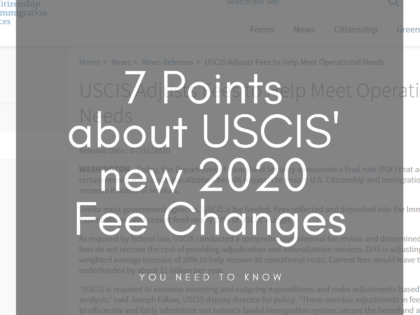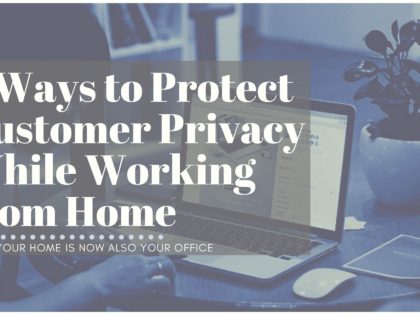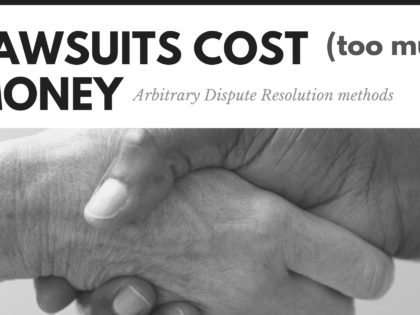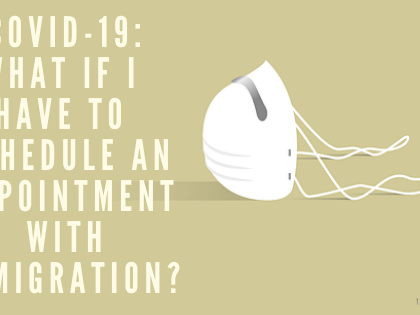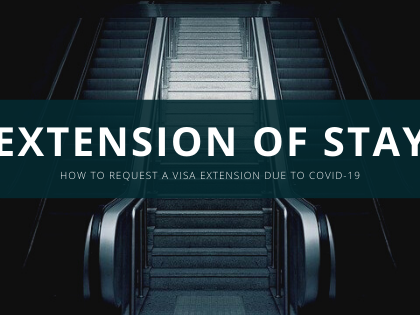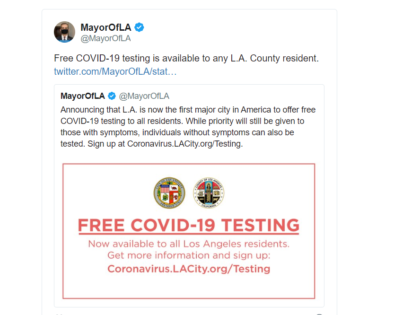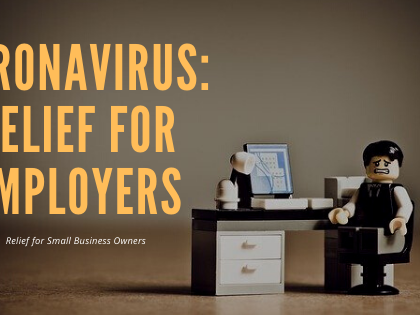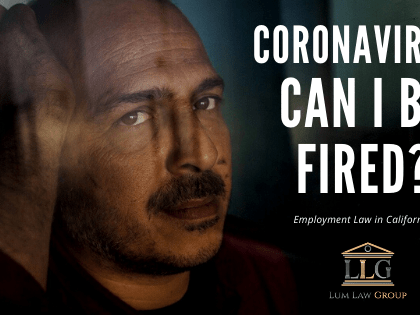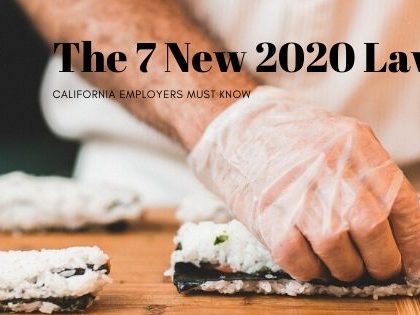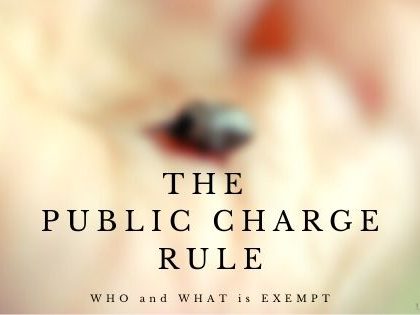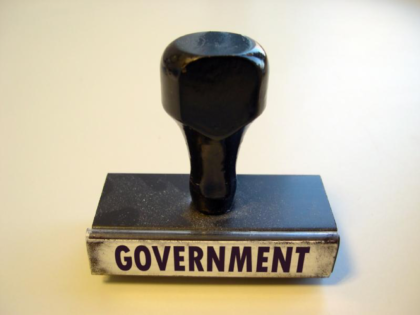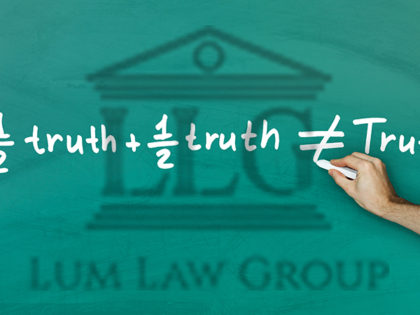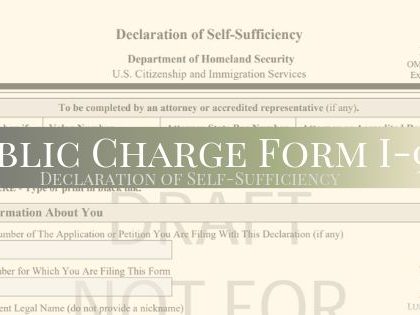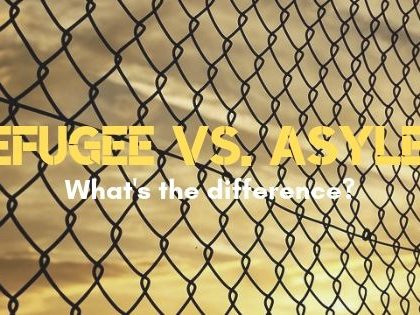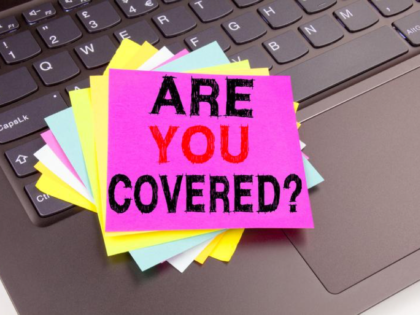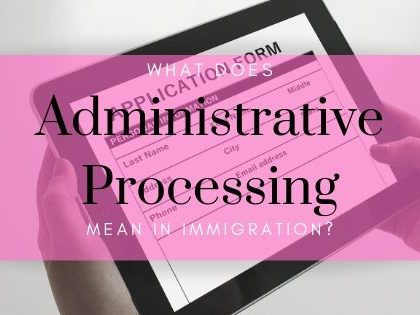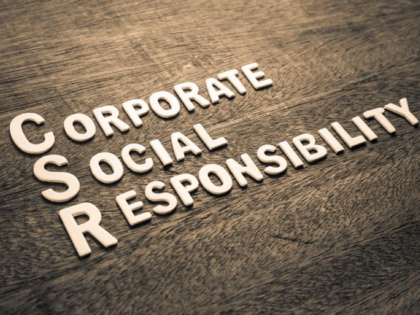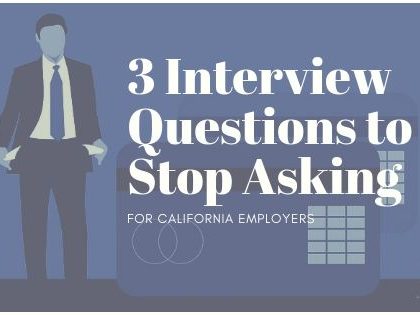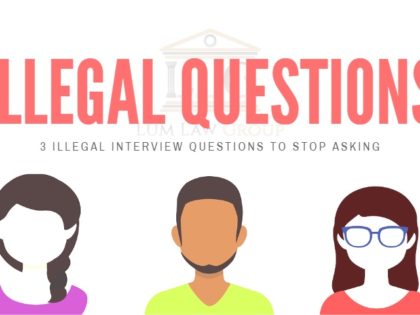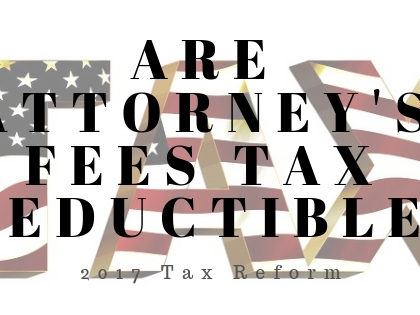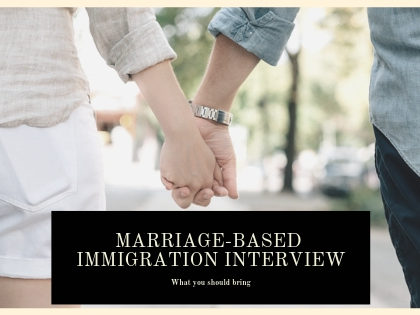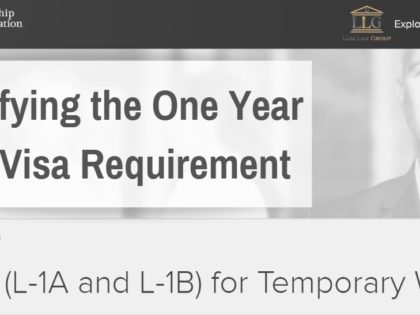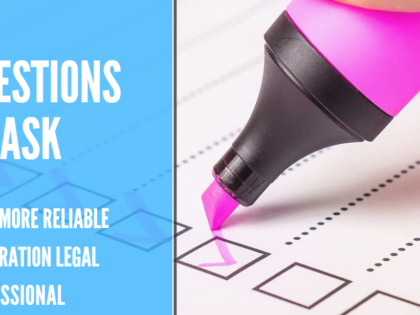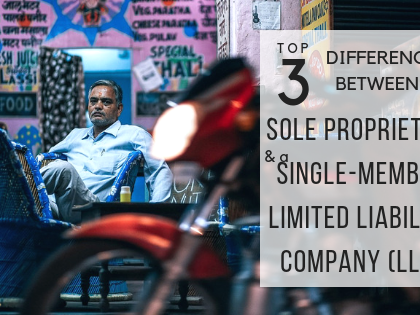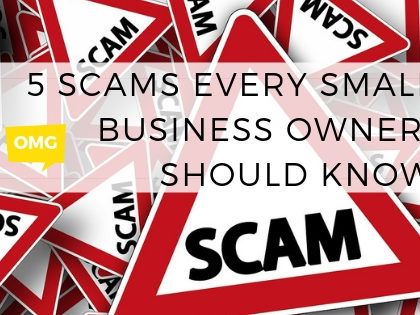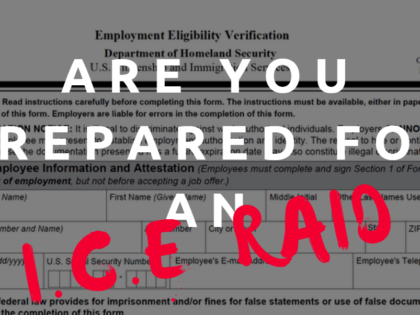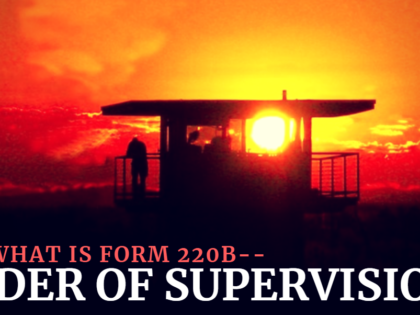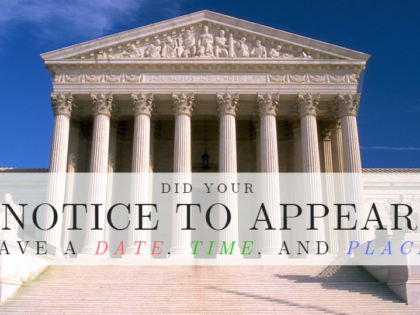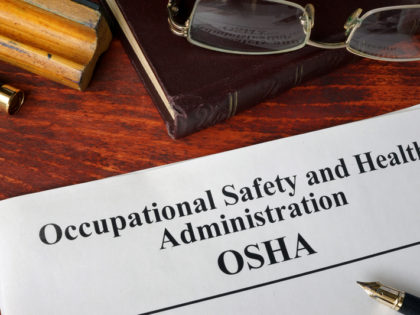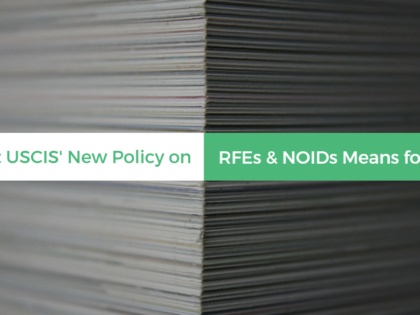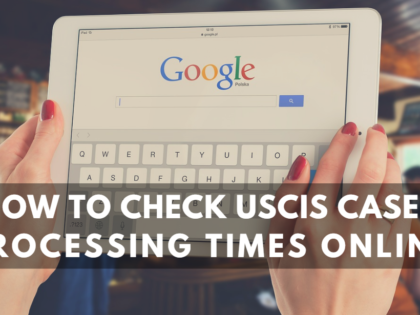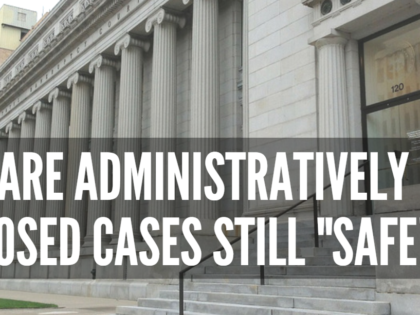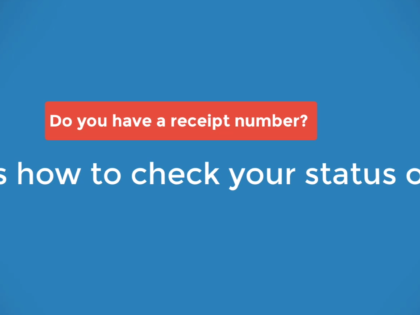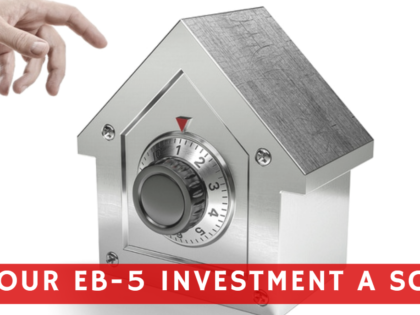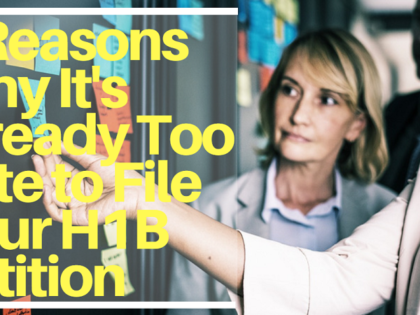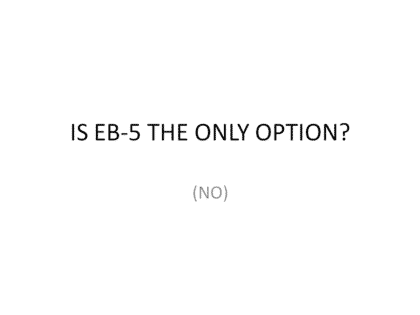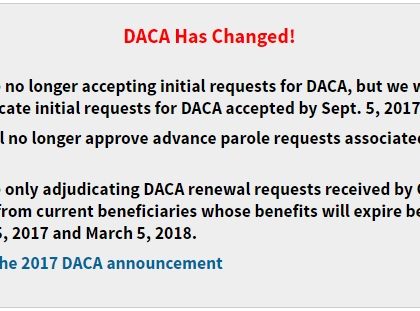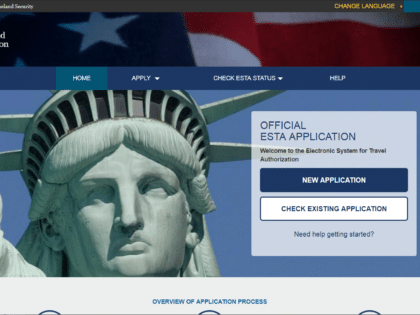Should I be worried about Social Security Administration’s “No Match” Letter?
0 CommentsStarting March 2019, the Social Security Administration (SSA) has been sending out letters demanding employers to correct a discrepancy between names and social security numbers. This letter is called a “No Match letter” for short. These “Employer Correction Request Notices” (ECRN) were common before 2012. Under the “Buy American, Hire American” directive, the SSA has resumed sending out “No Match” letters to employers. The letter promotes hiring US citizens over undocumented workers.
In this article, we will address the two situations you may be in, the first where as the employer you receive a “no match letter”, and the second, where your employer informs you they have received a “no match letter” about you. Read on to determine how worried you should be about the ECRN, or no match letter.
What Employers Should Worry About
The New York Times reports that in California’s San Joaquin Valley alone, over sixty percent of the 39,978 employees employed by a total of 49 businesses have received SSA’s no match letters. Clearly, a “no match letter” is not uncommon and even you could receive one as a small business owner with employees.
The first step is to realize that there are many reasons why you might be receiving that “no match letter”. Don’t assume receipt of the letter means your employee lied or is working illegally. Here are a few of the legitimate reasons why you received a “no match letter”.
- typo on your W2/W3 forms
- typo on the I-9
- employee name change
- transposition of numbers
- identity theft
- Sometimes the letter is generated by a typo, a name change, or even identity theft. This is one of the reasons SSA wants employers to cooperate.
The second step is to realize the consequences of a mismatch to you. While SSA is not threatening you with a fine or penalizing late responses that exceed the sixty day window, that does not mean it won’t affect you later.
As an employer, if you’re withholding federal income taxes, social security, and medicare then you’re also having your employees fill out a Form I-9, Employment Eligibility Verification. Part of being prepared for an Immigration & Customs Enforcement (ICE) raid or audit is having updated I-9 forms for all your employees, and having proof that you addressed all “no match letters” received from the SSA.
In other words, an unaddressed “no match” letter from SSA proves you were aware that your employee(s) were unauthorized to work or even illegally present in the United States. To avoid the hefty fines of noncompliance with immigration laws, employers should address employees regarding their “no match letters”. Here’s what to do:
- Verify that it was not your mistake by checking your Forms W2 and W3 for the last seven years. If it is your mistake, prepare corrections/amended forms and submit to the appropriate location. Submit a copy to SSA and keep a copy for your records.
- Prepare a letter to your employee with a copy of the “no match letter” from SSA and mail it to their address. Keep a copy of the letter. Document responses, if any.
- Prepare a declaration for your employee to sign proving you had the discussion and they received a copy of the “no match” letter. Have the meeting with your employee, then give them a copy of the signed declaration while keeping the original. Send a copy to SSA.
- If your employee resigns or disappears, document the exact dates of your contact and their disappearance in their file.
If you have questions on how to address the “no match” letters, contact our experienced immigration and employment attorneys today!
What Employees Should Be Worried About
The purpose of providing your social security number to your employer is for the planning of your future. Your employer is required to withhold and deposit your taxes, social security and medicare withholding to your social security account. A mismatch means that you’re not receiving money that belongs to you. As such, SSA’s notification is actually a favor to employees.
If your employer notifies you of a “no match letter”, you should review your I-9 and contact SSA.
However, if you’re notified of a “no match letter” and you know exactly why, then you may have a problem. Here are a few common ways a no match letter could be intentionally generated:
- using a purchased SSN
- providing a borrowed SSN
- stealing a deceased person’s SSN
- creating a made-up SSN
- sharing one SSN with several people
If you’re misusing the system then understand that the consequences could include deportation. Do not show false documents to your employer as this could mean trouble. While SSA is not currently sharing information with ICE, the records remain. As such, it could come up later in the future.
If faced with immigration consequences, contact an immigration attorney for additional information. Remember, you have employee rights too!

